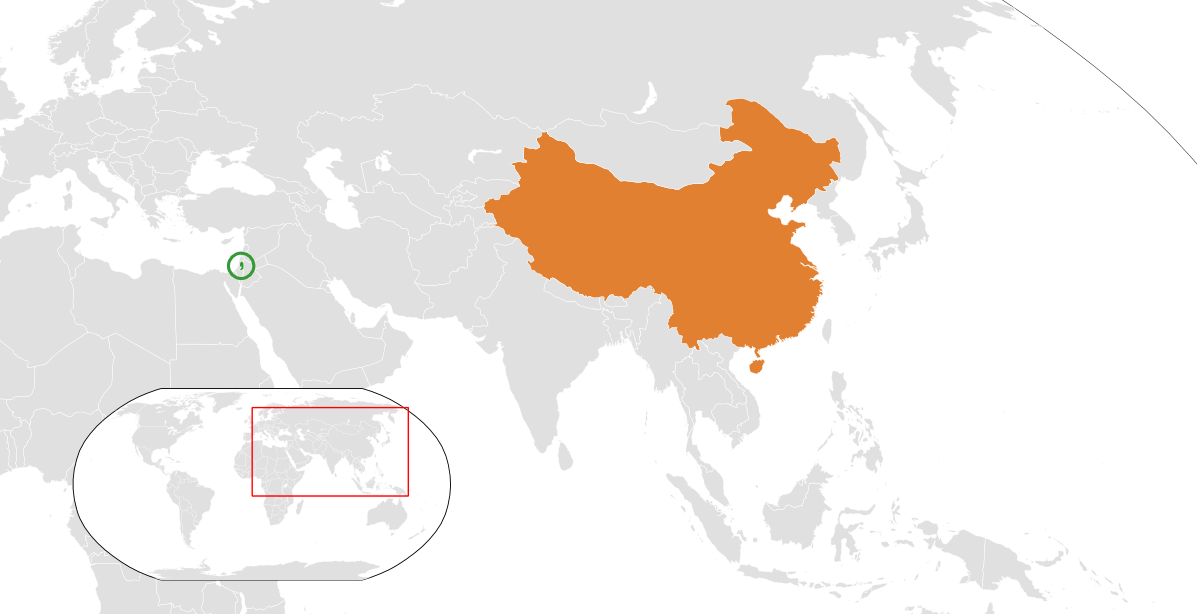|
In an eye-opening analysis, Tazeen Hasan delves into the motivations behind the warm welcome of Palestinian President Mahmoud Abbas in China and highlights the urgent need for global scrutiny and accountability regarding China's treatment of Uyghurs in Xinjiang.
Mahmoud Abbas, the President of the Palestinian Authority, recently concluded a successful four-day state visit to China in mid-June. The visit was marked by a warm reception from Chinese President Xi Jinping, who emphasized the strong friendship and partnership between China and Palestine. In a significant development, both nations issued a joint statement officially declaring the establishment of a "strategic partnership" between them. This move highlights the growing ties and cooperation between China and Palestine. However, China's recent efforts to establish a "strategic partnership" with Palestine and other Muslim countries in the region must not distract the world from the egregious crimes against humanity being committed by the Chinese government. By courting Palestine and Muslim-majority nations, China aims to whitewash its own record of religious persecution and genocide against Uyghur and other Turkic-speaking minorities in Xinjiang. While it may seem odd for China, a major global power, to seek such a partnership with a small and impoverished state like Palestine, it is essential to understand China's broader geopolitical strategy. China has been actively cultivating relationships with the Global South, particularly Arab and Muslim countries, in an attempt to gain support and influence in international affairs. By championing Palestinian rights, China seeks to portray itself as an anti-colonial voice and a friend of the Arab/Muslim world. China's rhetoric in support of Palestine is seemingly commendable, but the stark reality is that its actions tell a different story. China has strong political and economic ties with Israel and will not risk endangering those relationships by genuinely supporting the Palestinian cause. In fact, China's trade with Israel is nearly 100 times greater than its trade with Palestine. It is clear that China's support for Palestine is more about optics and self-interest rather than genuine concern for the Palestinian people. The "strategic partnership" agreement between China and Palestine includes commitments to support the establishment of an independent Palestinian state based on the 1967 borders and to maintain the historical status quo of religious sites in Jerusalem. However, these commitments are not conditional on Israeli agreement or adherence to international law. This implies that China will not stand against Israeli actions that violate Palestinian rights, such as annexation of the West Bank or the expulsion of Palestinians from their homes. China's silence on potential Israeli violations reveals its true intentions. It is willing to turn a blind eye to Israeli aggression to maintain its economic and political interests. If China genuinely cared about the plight of the Palestinian people, it would take a firm stance against Israeli injustices. Instead, China's support for Palestine serves as a convenient cover to divert attention from its own horrific human rights abuses in Xinjiang. In Xinjiang, over a million Muslims, primarily Uyghurs, have been detained in internment camps. Reports of forced labor, cultural assimilation, and religious persecution paint a bleak picture of the atrocities being committed by the Chinese government. Those who have been released from the camps are often forced into labor camps, further perpetuating their exploitation. China fears that Muslim-majority countries will rally in support of Uyghurs and Turkic-speaking Muslims, exposing its crimes to the world. By cultivating alliances with Muslim nations, China hopes to isolate the Uyghur cause and prevent international support for their struggle. China's strategic partnership with Palestine is not based on genuine solidarity but on self-interest and geopolitical maneuvering. It seeks to bolster its image as a global power and secure support for its controversial policies, such as the "one China" policy and its opposition to foreign interference in its internal affairs. Moreover, it allows China to undermine the influence of Western countries, particularly the United States. While China's partnership with Palestine may shift the dynamics in the Israeli-Palestinian conflict, it is imperative not to lose sight of the larger picture. China's actions in Xinjiang cannot be overshadowed or excused by its support for Palestine. The international community must remain vigilant and hold China accountable for its crimes against humanity. Genuine support for Palestine should be based on principles of justice, human rights, and respect for international law, not on geopolitical calculations or attempts to divert attention from one's own misdeeds. #Uyghurs #SaveUyghur #Palestine #Israel |

